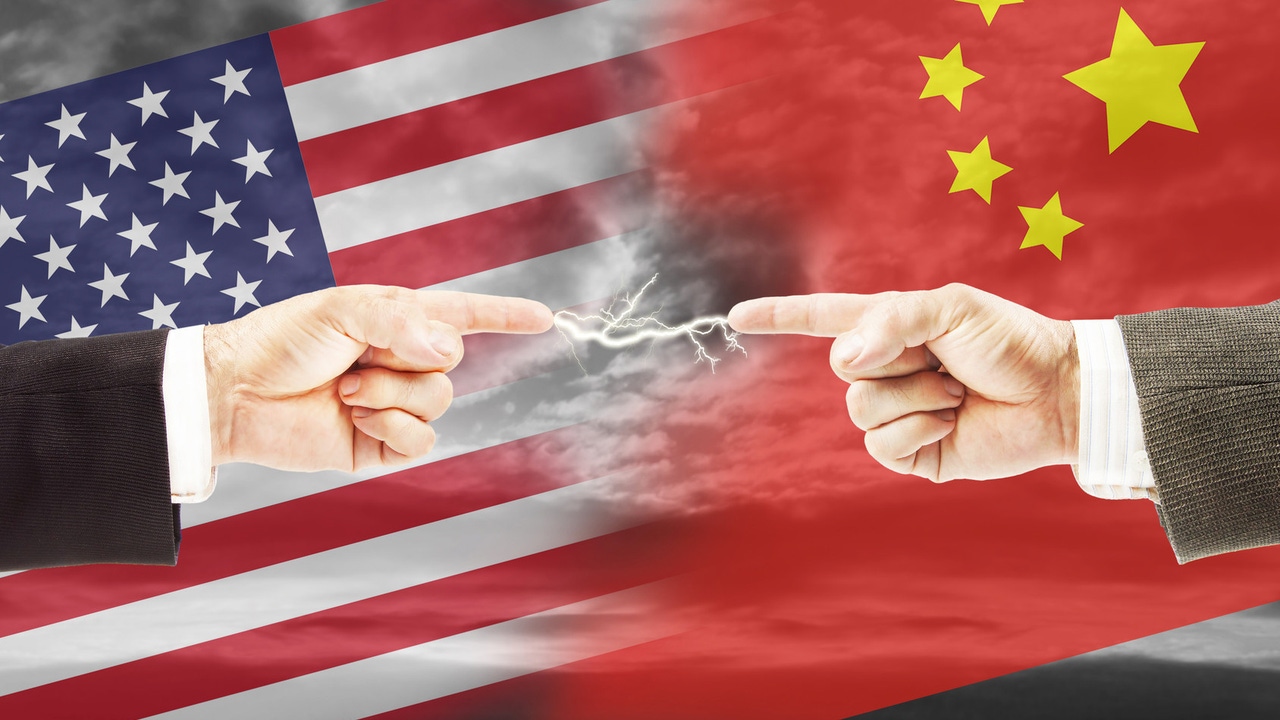US continues to drip-feed Chinese telecoms hacking accusationsUS continues to drip-feed Chinese telecoms hacking accusations
Various US politicians have been offering a few more details about an alleged Chinese espionage operation that targeted America’s major mobile operators.
November 25, 2024

Once more, however, each new morsel of information is minimal. National Security Advisor Jake Sullivan hosted a meeting at the White House with US telecoms execs to share intelligence with them (but not us) on ‘China’s significant cyber espionage campaign targeting the sector.’ That’s pretty much all we were told, other than the inevitable vows to redouble their efforts to thwart the dastardly PRC.
A day earlier Senator Mark Warner gave the paywalled Washington Post the exclusive that this incident was ‘the worst telecom hack in our nation's history by far.’ Warner has issued no other public statements on the matter, either as press releases or social media posts, as far as we can tell. He’s obviously no fan of China’s though, as last week he also introduced a new bill called the ‘China Financial Threat Mitigation Act’.
This latest tranche of loose but portentous allegations follows similar messaging earlier this month, after which T-Mobile confirmed it was one of the affected companies. The whole affair has been drip-fed into the public domain for over a month now, with few concrete allegations or consequences revealed. Instead, the underlying message seems to be that the US should be escalating its cold war with China even further.
Chinese state-controlled media outlet Global Times penned an op-ed yesterday headlined ‘White House's hype of China's cyber espionage targeting its telecom sector lacks factual basis: expert’. The expert in question is Lü Xiang, a research fellow at the Chinese Academy of Social Sciences, who is likely not the most neutral, objective source.
Hilariously, the piece concludes as follows: ‘Responding to a similar US accusation of Chinese "state-sponsored hackers," Chinese Foreign Ministry spokesperson Lin Jian said on November 14 that: "We have no interest in interfering in other countries' internal affairs through cyberspace and oppose spreading China-related disinformation out of a political agenda." Yeah, right.
Nonetheless, the absence of pretty much any hard evidence at this point undermines the point the US security state seems to be trying to make. The current well-earned poor reputation of the countless US three letter agencies means it’s increasingly unlikely that even other Americans are just going to take vague allegations at face value and they must be panicking ahead of the Trump Presidency, which is likely to reduce their copious funding.
While the allegations against China are easy to believe, without more substance it’s hard to see what the telecoms sector is supposed to do about them. Allowing more US state access to US mobile networks was presumably one of the suggestions made at the White House meeting. Once more the telecoms industry finds itself used as a pawn in the silly games played by countries who should instead be focused on fixing their many domestic issues.
About the Author
You May Also Like










.png?width=300&auto=webp&quality=80&disable=upscale)


_1.jpg?width=300&auto=webp&quality=80&disable=upscale)